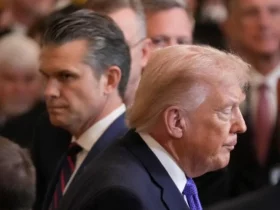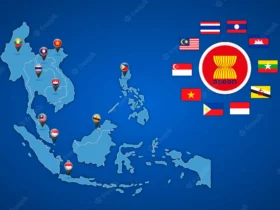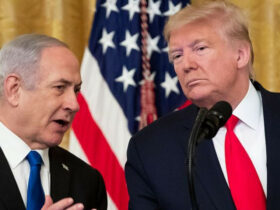Putin and Erdogan meet
On March 5, an important meeting between President Recep Tayyip Erdogan of Turkey and Russian President Vladimir Putin was held in Moscow.
The main results were decisions on counteracting to terrorism, the terms of a ceasefire, the creation of security corridor and joint patrolling efforts.
https://uwidata.com/8510-erdogan-and-putins-talks-on-idlib-a-brief-analysis/
The high-level talks between Turkey and Russia seem to indicate that the parties intend to de-escalate the conflict. Tactical differences in Idlib should not lead to the collapse of the strategic alliance between Turkey and Russia, and peace in Idlib requires the will to compromise on both sides.
The two presidents’s respective positions show that Syria’s territorial integrity can serve as a common platform for ending the bloodshed, an objective that can only be achieved by jointly fighting separatism and terrorism.
Crisis on the Greek border
The situation on the border between Turkey and Greece, where thousands of migrants, with the support of Turkish authorities, are trying to break through to the territory of the European Union country, remains extremely tense.
According to data from the morning of March 7, more than 1200 attempts were made to cross the border illegally. As a result, 27 migrants have been detained on the Greek side. Most of them are not Syrian refugees, but have come from Afghanistan and Pakistan.
After the clash and aggravation of the situation in Idlib, which resulted in the death of 36 Turkish soldiers, Ankara decided to “release” the refugees on the border.
https://uwidata.com/8483-after-idlib/
The situation has inspired a strongly negative reaction from most Europeans – some blame Turkey, some blame the powerlessness of politicians who have been pushing for open borders like Angela Merkel, others – for the inability to keep migrants in their own countries.
Protests in Chile
Massive protests took place in Chile against the power of Sebastian Piner, and over the upcoming referendum in April.
The situation has strong implications not only for domestic politics, but could spill out into the rest of the region.
https://uwidata.com/6359-chile-and-the-devaluation-of-a-legitimate-grievance/
Coronavirus
Fears of the spread of coronavirus are leading to the cancelation of international events around the world and forcing more and more borders to be closed.
This week, the first cases of the disease were registered in Mexico, Togo, Slovenia, Cameroon, Moldova, Latvia, Senegal, Iraq and other states.
Israel has closed its land border with Egypt, Syria and Lebanon, and Turkey has closed the border with Iran.

















Leave a Reply